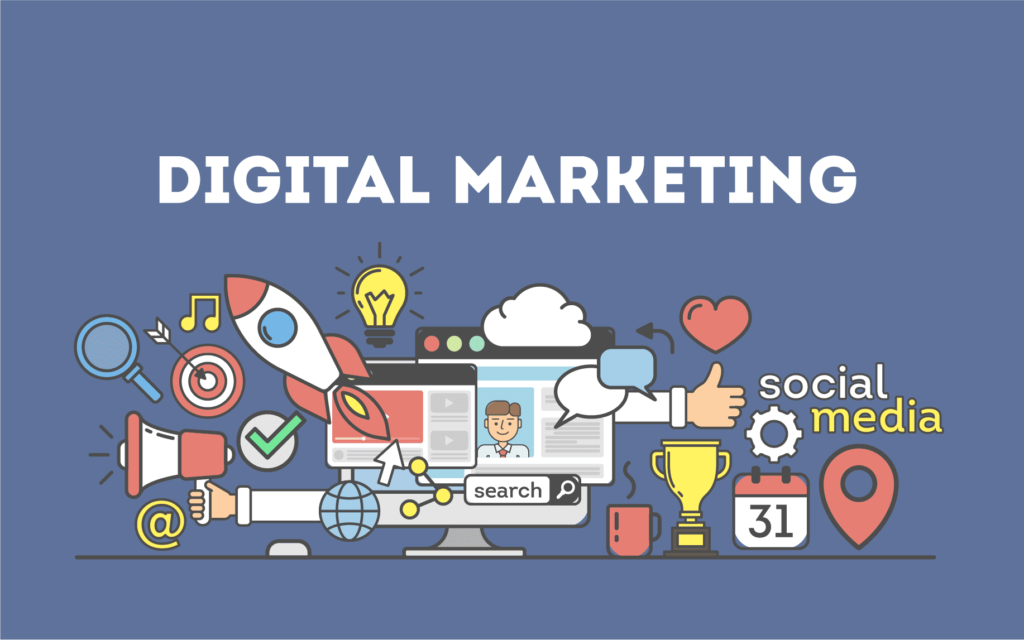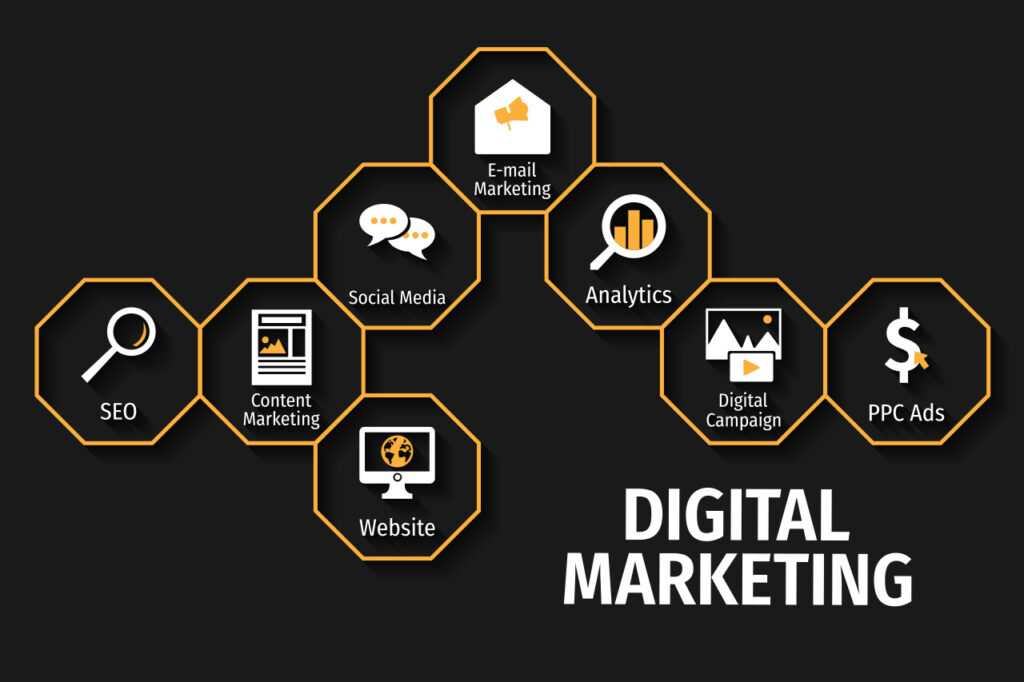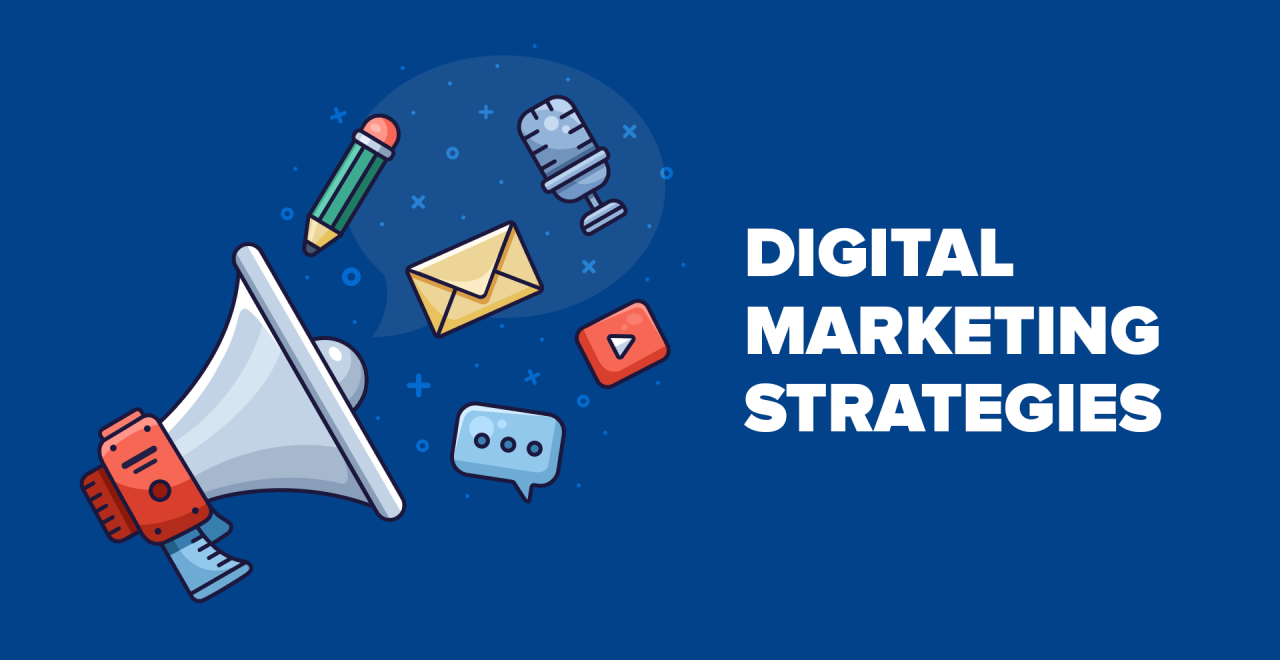What is a successful digital marketing strategy?
Digital marketing has become an essential aspect of modern business. With the ever-increasing number of people spending their time online, companies need to have a robust digital marketing strategy in place to effectively reach their target audience, build brand awareness, and drive conversions. But what exactly does it take to create a successful digital marketing strategy? In this article, we will explore the key elements, best practices, case studies, and common challenges associated with developing and implementing a digital marketing strategy for fitness gym marketing.
Table of Contents
Introduction
In today’s digital landscape, a successful digital marketing strategy is crucial for businesses of all sizes. It involves a well-thought-out plan that leverages various digital channels to reach and engage with the target audience effectively. A successful digital marketing strategy goes beyond simply having a presence online; it encompasses a strategic approach that aligns with the company’s goals and maximizes its online visibility and performance.
Best Practices for Developing a Successful Digital Marketing Strategy
To develop a successful digital marketing strategy, it is important to follow best practices that optimize its effectiveness and impact. Consider the following guidelines:
Setting Clear Objectives
Start by setting clear and specific objectives for your digital marketing strategy. What do you want to achieve? Whether it’s increasing website traffic, generating leads, or improving brand awareness, clearly defined goals provide a framework for the entire strategy.
Defining Key Performance Indicators (KPIs)
Identify the key metrics that will be used to measure the success of your digital marketing efforts. These could include conversion rates, click-through rates, bounce rates, social media engagement, or any other relevant metrics. By tracking these KPIs, you can evaluate the performance of your strategy and make data-driven decisions.
Tailoring Strategies for Different Platforms
Each digital platform requires a different approach. Tailor your strategies to fit the characteristics and audience of each platform. What works on Facebook may not be effective on LinkedIn or Instagram. Understand the nuances of each platform and optimize your content and messaging accordingly.
Monitoring and Adjusting Campaigns
Regularly monitor the performance of your digital marketing campaigns. Analyze the data and metrics to identify areas of improvement and success. Based on the insights gained, make necessary adjustments to optimize your campaigns. This could involve tweaking ad targeting, modifying content strategy, or reallocating resources to more effective channels.
Staying Updated with Industry Trends
Digital marketing is a constantly evolving field. Stay up to date with the latest industry trends, technological advancements, and consumer behaviors. This knowledge allows you to adapt your strategies and stay ahead of the competition. Attend industry conferences, read industry publications, and follow thought leaders to stay informed and gain new insights.

Case Studies of Successful Digital Marketing Strategies
To illustrate the effectiveness of digital marketing strategies, let’s examine a few case studies:
Company A’s Effective Use of Content Marketing
Company A, an e-commerce business specializing in sustainable fashion, implemented a content marketing strategy to increase brand awareness and drive website traffic. They created high-quality blog articles, videos, and social media posts that focused on sustainable fashion tips, eco-friendly fabrics, and ethical manufacturing practices. By consistently providing valuable and engaging content, Company A established itself as a trusted authority in the industry, attracting a loyal audience and driving organic traffic to their website.
Company B’s Successful Social Media Campaigns
Company B, a startup offering personalized skincare products, leveraged social media platforms to reach and engage with their target audience. They ran highly targeted ad campaigns on Facebook and Instagram, promoting their products to users based on their demographics, interests, and skincare concerns. By utilizing compelling visuals, persuasive ad copy, and interactive elements, Company B generated a significant increase in brand awareness, acquired new customers, and achieved a high return on ad spend (ROAS).
Company C’s Optimized Search Engine Marketing
Company C, a software development company, implemented a search engine marketing (SEM) strategy to increase their online visibility and generate leads. They conducted thorough keyword research and created targeted Google AdWords campaigns that appeared at the top of search engine results pages. By optimizing their ad copy, landing pages, and bidding strategies, Company C achieved a high click-through rate (CTR), improved lead generation, and ultimately increased their customer base.
Common Challenges in Implementing a Digital Marketing Strategy
While digital marketing strategies can yield significant benefits, they also come with their fair share of challenges. Here are some common challenges businesses may face:
Lack of Resources and Budget Constraints
Implementing a successful digital marketing strategy requires resources, including skilled personnel, tools, and budget allocation. Small businesses or startups often face resource constraints, making it challenging to compete with larger companies. However, creative approaches, such as leveraging user-generated content, collaborating with influencers, or focusing on low-cost channels, can help overcome these challenges.
Adapting to Changing Algorithms and Technologies
Digital marketing platforms and algorithms are constantly evolving. What worked yesterday may not work today. Staying updated with the latest algorithm changes, platform updates, and technological advancements can be challenging. However, ongoing learning, continuous monitoring of industry trends, and agility in adapting to changes are key to overcoming this challenge.
Measuring ROI and Campaign Effectiveness
Measuring the return on investment (ROI) and evaluating the effectiveness of digital marketing campaigns can be complex. Multiple factors contribute to the success or failure of a campaign, and attributing conversions or sales solely to a specific marketing effort can be challenging. By setting clear objectives, tracking relevant KPIs, and utilizing analytics tools, businesses can gain valuable insights into their campaign performance.
Competing with Larger Brands
In a competitive digital landscape, smaller businesses often face the challenge of competing with larger,established brands. Larger brands may have bigger marketing budgets, broader reach, and more resources at their disposal. However, smaller businesses can focus on their unique value proposition, niche targeting, personalized messaging, and building strong customer relationships to differentiate themselves and carve out their own space in the market.
Conclusion
In today’s digital age, a successful digital marketing strategy is crucial for businesses to thrive and stay competitive. By understanding the key elements, best practices, and challenges associated with digital marketing, businesses can develop effective strategies that drive brand awareness, engage their target audience, and generate measurable results. Remember to stay informed, adapt to changes, and continuously optimize your strategies to stay ahead in the ever-evolving digital landscape.

FAQs
What is digital marketing?
Digital marketing refers to the use of digital channels and technologies to promote products or services. It encompasses various online marketing techniques such as search engine optimization, social media marketing, email marketing, content marketing, and more.
How can digital marketing benefit a gym?
Digital marketing offers several benefits for gyms. It allows them to reach a wider audience, build brand awareness, attract potential members actively seeking fitness solutions, and engage with their target audience through personalized and targeted campaigns.
Which social media platforms are best for gym marketing?
The choice of social media platforms depends on the gym’s target audience. However, popular platforms for gym marketing include Facebook, Instagram, YouTube, and LinkedIn. These platforms allow gyms to showcase their services, share engaging content, and connect with their audience effectively.
How can gyms use influencer marketing effectively?
To use influencer marketing effectively, gyms should identify influencers who align with their brand values and have a genuine connection with their target audience. Collaborating with influencers for sponsored posts, reviews, or giveaways can help gyms reach a wider audience and build trust among potential members.
What metrics should gyms track to measure the success of their digital marketing efforts?
Gyms should track metrics such as website traffic, conversion rates, click-through rates on ads, engagement metrics on social media (likes, comments, shares), email open rates, and membership sign-ups. These metrics provide insights into the effectiveness of different marketing channels and help gyms optimize their strategies for better results.



